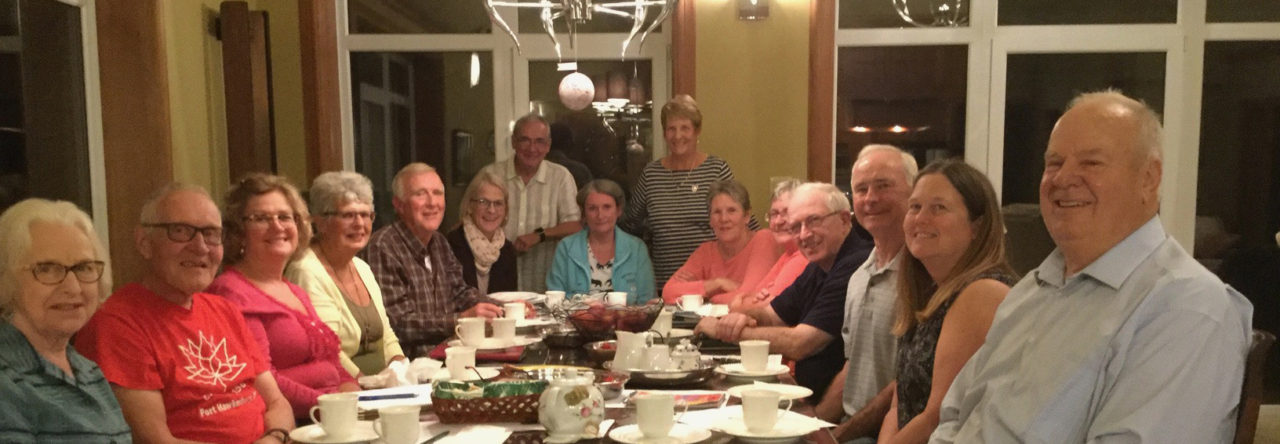January 16th, 2020, Inverness County Cares (ICC) members Betty Jane Cameron (Mabou), John McInnis (Judique) and Charlotte Rankin (Judique) began their journey to the Kawambwa Project Schools in Zambia. (ICC members all are traveling totally at their own personal expense.) They are traveling with MaryAnne McKinnon’s Chalice team www.chalice.ca who are conducting their bi-yearly site financial audits and operational reviews of project locations in Africa. Our two schools in Zambia are populated mainly by albino children and children with vision issues.
Betty Jane: This experience is amazing. The people are delightful, the countryside is lush and vibrant, the food great. We have done a little work at St Mary’s School but we are mostly learning from them and becoming familiar with the process of braille printing and reading. We are learning of their interests and skills in music and the needs of the albino children. The children are eager budding musicians and busy with teaching guitars, the keyboard and flutes. The challenges of teaching albino and blind students has been brought home to us through authentic experiences. We can see how fortunate the schools are to have teachers who understand the challenges of the students.
Travel is challenging for all of us, as journeys to any destination are long and demanding. We are beset with delays and at one time experienced a broken transmission in our van just as we reached the hotel. We are a resilient team and having a great time. Home visits in the villages were awesome, and we met with a community development circle group who were learning and discussing new farming possibilities. Where ever we go we hear lots of singing.
John MacInnis: We really enjoyed being with MaryAnne McKinnon of Chalice and the Chalice team They open doors for us that would not be possible if we were independent tourists.
We are very grateful to MaryAnne for the privilege of being on such a trip! We are enjoying the Kawambwa and Mporokoso sites and Betty Jane had her first full day teaching music and is loving it. Charlotte is working with a grade six teacher. I’m painting one of the dorm rooms and on the fourth coat of paint with just the windows left. I have made a list of needed repairs at the school and we have purchased a lot of light bulbs that will be installed in the classrooms before we leave if time permits.
It is amazing to see so many visually impaired children; we marvel at how they support each other and their navigational skills around the school. Everyone is so nice to us and the kids are so smart. Enjoying ourselves.
Charlotte Rankin: I’ve visited most of the classes and although their curriculum is much different than our Nova Scotia program, there are many marvelous things going on.
Most of the teachers have either low vision or none at all. It’s very interesting to see them operating in the classroom, greeting the children as they come in and calling on the children by name. The children will write their answers in braille, then the teacher will read it and correct it. Since many of the text books are not available in braille, I was asked yesterday to read a grade 4 math lesson for a teacher as she took notes in braille which she will later use! There are very few discipline problems, since they are very happy to be here!
Individuals who wish to donate can use the donate button on our website http://invernesscountycares.com or send a cheque to Inverness County Cares, Box 99, Judique, NS, B0E1P0. Tax receipts provided. For more information contact ICC members John Gillies 902 787 3441, John MacInnis 902 787 2475 or Colleen MacDonald MacLeod 902 787 2251.
Below is a link to an interview with CBC’s Peter Mansbridge and Canadian Peter Ash of Under the Same Sun, a Canadian organization which helps albinos in Tanzania.
https://www.youtube.com/watch?v=NibB68sIZGY









